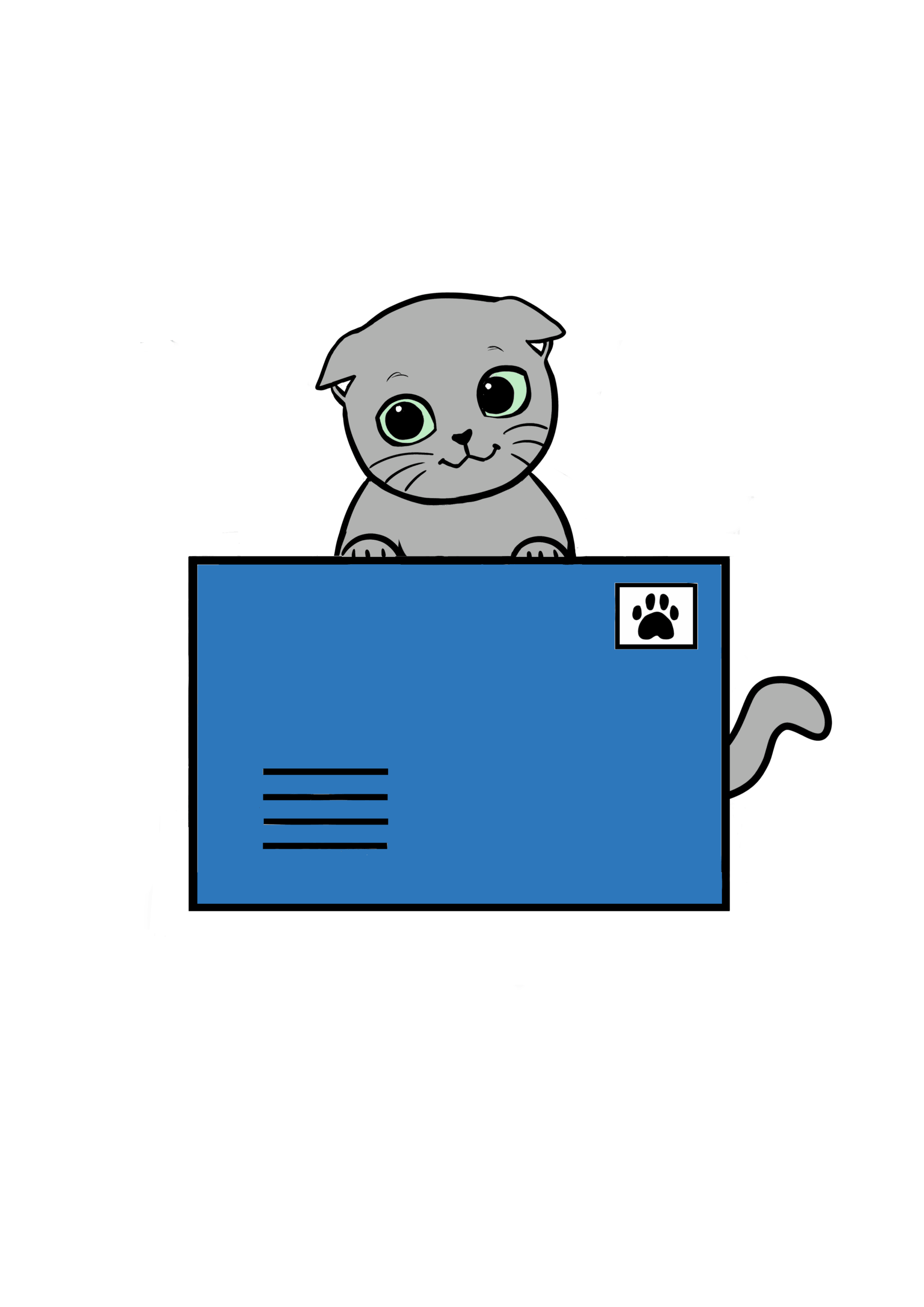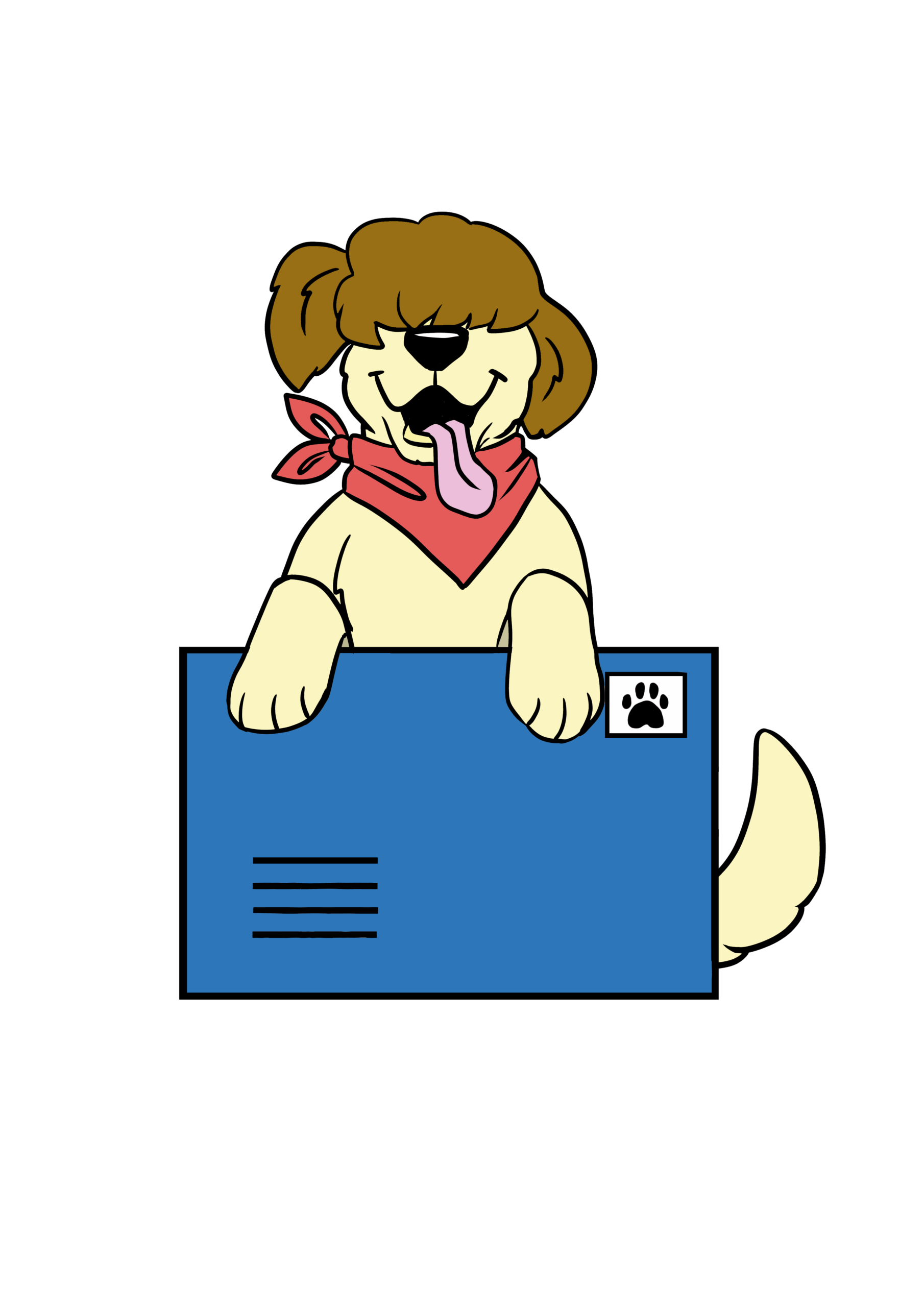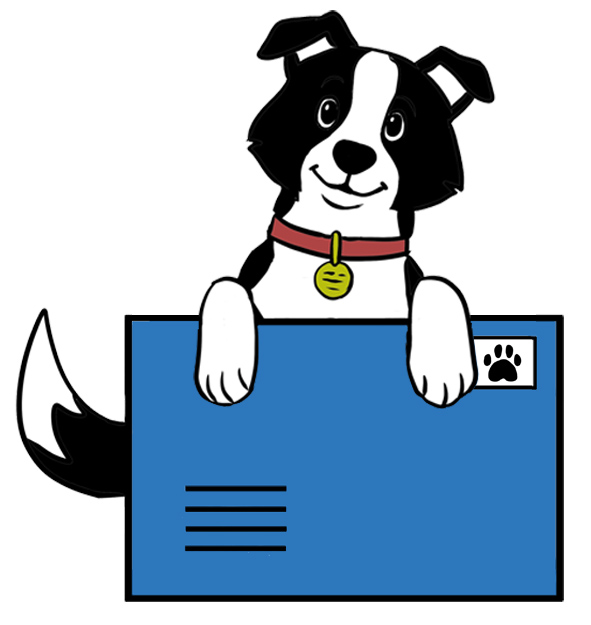Helping your pet lose weight can make a big difference in their energy, mood, and overall health. A pet weight loss diet plan is the key to this transformation—done right, it empowers you to support your pet safely and happily. Let’s dive into how you can make a practical plan for your furry friend.
Introduction
Overweight pets can face joint pain, diabetes, and shorter lifespans. But with a thoughtful pet weight loss diet plan, you can help them shed those extra pounds gradually and sustainably. As a pet parent, I understand how frustrating it can be to watch your beloved companion struggle. That’s why I love sharing real, actionable tips from experts and everyday pet owners—just like the helpful resources you’ll find on fleamail.com.au.
Why a Proper Pet Weight Loss Diet Plan Matters
The dangers of pet obesity
- Joint stress and arthritis
- Increased risk of diabetes and heart disease
- Reduced mobility and quality of life
Even a modest weight loss can improve your pet’s well-being. A solid pet weight loss diet plan targets these issues with better nutrition, portion control, and exercise.
Getting Started with the Right Diet
1. Talk to your veterinarian
Before starting any diet, consult your vet. They’ll assess your pet’s current health, ideal weight, and possible underlying problems like thyroid issues. Once you have that baseline, you’re ready to create a tailored pet weight loss diet plan.
2. Choose the right food
Opt for high-quality, low-calorie pet food designed for weight management. These formulas are rich in protein and fiber, which help pets feel full. Brands recommended on fleamail.com.au include options with natural ingredients and no fillers—perfect for healthier pet snacks.
3. Understand LSI keywords in feeding
You might hear terms like “low-fat kibble,” “high-fiber diets,” or “grain-free weight management.” These related concepts support the main idea of a pet weight loss diet plan, and they help Google readers get all-around info without stuffing keywords.
Building Your Pet’s Daily Diet
Create a simple feeding schedule
Consistency helps with digestion and portion control:
- 🔹 Morning: ⅓ of daily calories
- 🔹 Afternoon: No snack (keeps digestion regular)
- 🔹 Evening: ⅔ of daily calories
Use proper portioning
Use a kitchen scale or measuring cup. Many pet parents miss small overfeeds. Every tablespoon can count!
Smart snacking
- Choose low-calorie treats (like green beans or apple slices)
- Replace 10–20% of kibble with chopped veggies
- Use treat puzzles to slow eating and mentally stimulate your pet
Exercise: Crucial Part of the Plan
Increasing physical activity
Combine your pet weight loss diet plan with daily exercise:
- 🐾 Play fetch for 15–20 minutes
- 🐾 Short walks 2–3 times a day
- 🐾 Indoor games: hide-and-seek, agility courses
Monitor your pet’s energy level
If they pant heavily or limp, slow down. You want consistency, not strain. Over time, they’ll gain stamina and enthusiasm for playtime.
Monitoring Progress
Weekly weigh-ins
Use a home scale or a visit to the vet. Aim for 1–2% bodyweight loss per week for most pets. If it’s too fast or slow, adjust food or exercise.
Keep a journal
Note meals, treats, exercise, and behavior. You may spot patterns—like weight plateauing or sudden hunger changes.
Regular vet check-ins
Continue check-ups every 6–8 weeks. Veterinarians can fine-tune your pet’s pet weight loss diet plan and check overall health.
Overcoming Plateaus and Challenges
Adjust portion sizes
If weight stalls, reduce food by 5–10% or boost exercise.
Vary snacks and toys
Bored pets may lose interest. Mix up treats with fresh vegetables or new toys.
Celebrate micro-wins
Lost two ounces? Celebrate! Positive reinforcement works for pets and pet parents alike.
Real-Life Success Stories
- Bella, the Beagle
- Started at 45 lbs, goal was 35 lbs
- Daily routine: ½ cup weight-loss kibble, veggie snacks, two daily walks
- Lost 10 lbs in 10 weeks, now runs 30 minutes effortlessly
- Max, the Mixed Breed
- Overweight at 60 lbs, trained to 50 lbs
- Plan: vet-approved diet, treat puzzles, twice-weekly swimming
- Regained enthusiasm playing with neighborhood dogs
These stories mirror tips from fleamail.com.au—simple, consistent changes over time lead to real transformation.
Sample 8‑Week Pet Weight Loss Diet Plan
| Week | Food Plan | Treats | Exercise |
|---|---|---|---|
| 1–2 | Vet-approved kibble, 10% less | Veggie slices, puzzle toy | 15-min walk, 10-min play daily |
| 3–4 | Maintain kcal, add fiber booster | Freeze-dried snacks | 20-min walk, toss-the-ball |
| 5–6 | Slight reduce food if plateauing | Mix in garnish | 30-min walk/jog combo |
| 7–8 | Final kcal tweak if needed | Reward only at night | Add agility fun or swimming |
Common Myths About Pet Weight Loss
Myth 1: “All fats are bad”
Healthy fats, like omega oils, support skin and coat. Focus on low‑fat, not no‑fat.
Myth 2: “Cut all treats”
Moderation is key. Use treats for training and motivation. Choose healthy swaps.
Myth 3: “One‑size diet plan works for every pet”
Every pet is different. Use a customized pet weight loss diet plan that fits your pet’s breed, age, health, and lifestyle.
How fleamail.com.au Helps You
As you manage your pet’s diet plan, fleamail.com.au supports you with:
- Nutritional guides tailored to different breeds
- Tips for transitioning to weight‑loss kibble safely
- Creative, vet-approved snack and exercise ideas
Check out their weight‑management food recommendations and feeding tools—especially helpful if your pet needs gradual adjustments.
Conclusion
A thoughtful pet weight loss diet plan is about more than just food—it’s a lifestyle choice. With portions, healthy treats, regular vet support, and engaging exercise, your pet can thrive. It takes patience and consistency, but every play session, veggie snack, and weigh‑in counts.
Start small, stay committed, and lean on resources like fleamail.com.au for guidance. A healthier, happier pet is within reach—one loving choice at a time.





